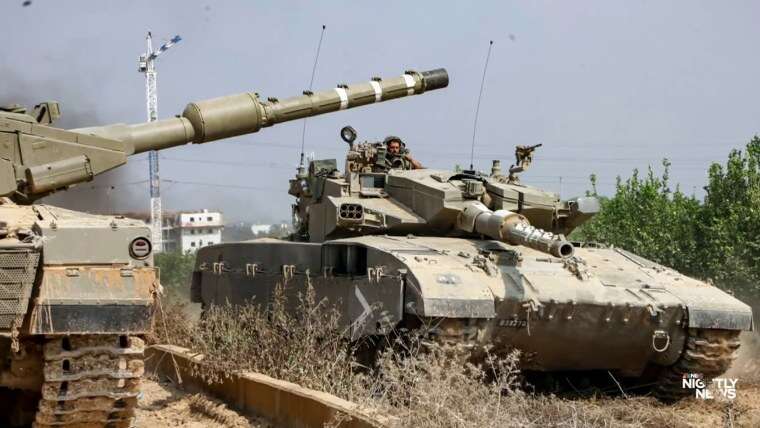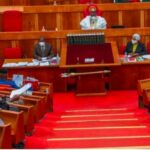
SEPARATE announcements by South Africa and Chad on Monday recalling their diplomats from Israel reflect Africa’s divergent responses to the ongoing Israeli-Hamas war. While both, like some others, are siding with the Palestinians, Ghana, Congo DR, and Kenya have expressed their solidarity with the Jewish state. Unable to speak with one voice, the continent’s collective influence in brokering peace is consequently constrained.
Africa’s leaders should be strategic. True, for historical, cultural, and political reasons, many countries will struggle to remain neutral; yet the continent’s long-term interests are better served by even-handed diplomacy. Terrorism, genocide, and attacks on civilian targets should be condemned, no matter the perpetrator, but intervention by African countries should be built around such universal values as respect for human rights and international law, an end to war, and restraint even in exercising self-defence.
But since the war began on October 7 when Hamas, the Islamist group running the Gaza Strip, launched devastating terrorist attacks inside Israel, killing over 1,400 persons and taking about 264 others hostage into Gaza, from early calls for a ceasefire, and condemnation of the rising civilian casualties and destruction of homes and public institutions, African countries have taken divergent positions.
The conflict, which had claimed over 10,000 lives by Tuesday, emphasises Turkey’s Anadolu news agency “has left the African continent deeply divided, with some countries choosing to remain silent while some have openly shown solidarity with either Israel or Palestine.” Ghana, Kenya, Zambia, and Congo DR were quick to veer away from growing international criticism of Israel to voice support for the Jewish state.
South Africa, Chad and Arab-African countries like Tunisia, Morocco and Algeria swung the other way. Pretoria said it was protesting “atrocities and genocide,” comparing Israel’s actions to its own apartheid experience. Chad recalled its Chargé d’affaires in Israel on November 4.
Nigeria’s government and parliament have been thankfully, more even-handed, calling officially for a ceasefire and negotiations to end the conflict. It is a careful balancing act, as the country has a population divided on the Palestine issue. While the Muslim half unquestionably always backs the Palestinian cause, most Nigerian Christians root for Israel.
Demonstrations have been held across the country in support of Hamas. There are similar demonstrations in many African cities and towns.
Experts explain the divergent reactions on historical ties, economics, and security concerns. Kenya has long-standing friendly relations with Israel, which is a key ally in its economy and fight against Islamic terrorists.
South Africa’s ruling party forged close relations with Palestinian organisations during its decades of struggle to overthrow the apartheid yoke while Israel was aligned with the racist apartheid regime.
For Arab and Muslim majority countries, the conflict is seen through the prism of religion and ethnic identity. Other African countries that had experienced colonialism identify Israel with its Western backers who inflicted colonialism on them.
But Africa should be wary. Louis Gitinywa, a Rwandan political analyst, reminded the continent’s leaders that countries have interests, not permanent friends, and advised them to focus on long-term benefits for their people.
Nigeria should take heed. The country faces existential economic, and security challenges and needs all the assistance it can use. Its foreign policy choices should be guided by realpolitik, avoiding being drawn into the vortex of great power rivalry, sectarian, or ideological quarrels.
President Bola Tinubu should maintain Nigeria’s current non-aligned stance and rally other African countries to do so. For now, the major task before the world is to arrange a ceasefire in Gaza; Africa should lend its collective support to that objective.





